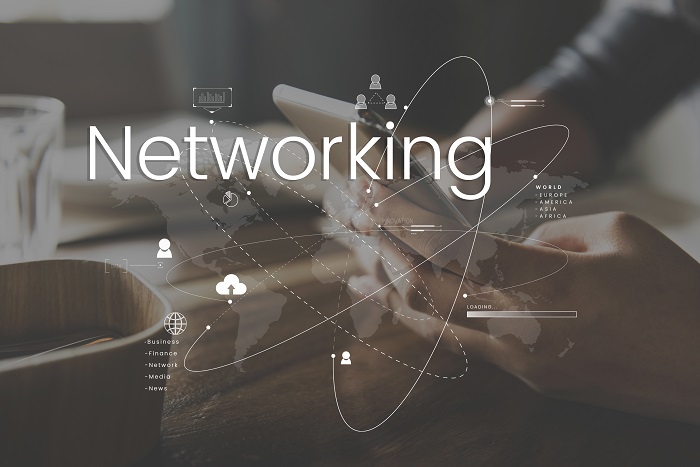In today’s world of technology, networking has changed a lot. As online conversations replace in-person meetings, knowing how trust is built in the digital world is important. In this long article, we will explore each of the eight specific and well-studied ideas that explain how trust is built online.
Consistency and Reliability: The Steady Pillars of Trust
Consistent in how you act and talk helps people trust you more as time passes. Being reliable is important in the online world, where we can’t meet in person. Replying quickly to messages, finishing tasks on time, and keeping your word are all important parts of building a trustworthy online image. Consistently doing what you say and saying what you do makes people trust you more online.
Building Credibility Through Content: Establishing Authority Online
When you share content that is well-researched and insightful, it helps establish you as an expert in your field. Posting helpful content on blogs, articles, or social media can make people trust you more online. Spend time and work hard on making content that teaches, shares information, and connects with your audience. By doing this, you show your knowledge and give others a reason to trust what you say.
The Power of Social Proof: Strengthening Trust through Endorsements
Social proof is when people say good things about something, like testimonials, recommendations, or endorsements. It can help make people trust something more when they see it online. Digital Business cards featuring endorsements or positive testimonials can be powerful visual cues, reinforcing trust in your reputation.
Motivate happy customers or collaborators to openly share their positive experiences. Getting positive feedback from your peers and colleagues makes you more credible online.
Transparency and Openness: Forging Trust through Honesty
Being open and honest about your goals, reasons, and methods helps to build trust. It’s crucial to be clear about what you can provide, what you anticipate, and how you plan to contribute to an online community. Being transparent means being honest and open, which helps build trust by reducing uncertainty.
Managing Online Reputations: Safeguarding Trustworthiness
In today’s world of technology, reputations can be made or broken very quickly. Taking control of how you appear online, dealing with worries, and resolving disagreements politely and professionally is important for keeping people’s trust. Check your online reputation often by looking at search engine results, social media mentions, and reviews.
When you receive negative feedback, take the time to respond respectfully. Aim to find a solution to the issues raised positively and helpfully. Being proactive about managing your reputation shows that you are dedicated to being trustworthy.
Security and Privacy Concerns: Guarding Trust
Keeping your information safe online is extremely important for building trust. Keeping important information safe and respecting people’s privacy shows that you care about the safety of your online relationships. Make sure you are careful and take steps to protect your online accounts. Use strong passwords and set up multi-factor authentication. Be considerate of other people’s privacy settings and preferences. Don’t do anything that could make them doubt your online trustworthiness.
Staying Updated and Informed: The Currency of Trust
Staying informed about what’s new in trends, industry changes, and upcoming technologies shows that you are committed and professional. It makes your virtual network feel more confident in your skills and knowledge. Make sure to set aside time for learning and improving your skills regularly. Share what you have learned and discovered with your online community. Show that you are a reliable source of current information and knowledge.
Adaptability in a Rapidly Changing Environment: Trust in the Face of Change
The online world is always changing and getting better. Showing you can adapt and are eager to learn and improve in this constantly changing environment proves that you are a dependable and forward-looking member of the digital community. Welcome and accept new technologies, be receptive to fresh ideas, and be ready to adjust your strategies and approaches. Doing this shows your digital network that you are a reliable partner in their constantly changing journey.
Conclusion
In summary, it’s important to understand how people think and build trust online to be successful in the virtual world. Being real, staying the same, and being open are the basics. Trusting information, proof from others, and understanding make it even better.
You can build trust in your online relationships by taking control of how you appear online, being careful with your personal information, and staying informed. In the online world, trust is based on real connections, even if they can’t be together in person.





No Comment! Be the first one.